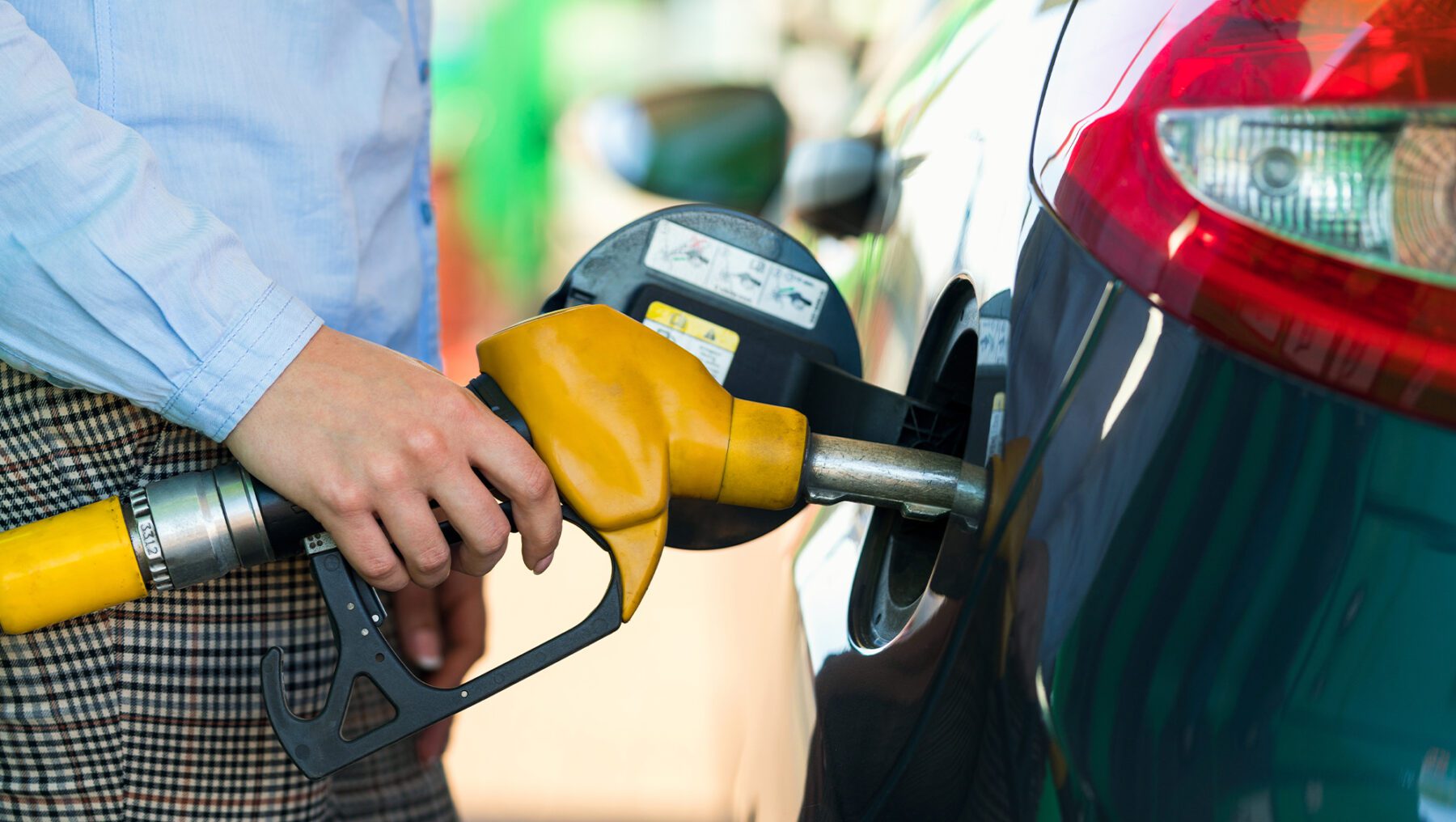Toyota Fuel System Repair in Northbrook: Myths and Facts


When it comes to car maintenance, the task can often feel daunting, especially when it involves intricate systems like the fuel system. For Toyota owners in Northbrook, understanding the myths and facts about fuel system repair is crucial. Misconceptions can lead to unnecessary repairs or overlooking critical issues, costing time and money. This blog post aims to set the record straight by providing accurate information about Toyota Fuel System Repair in Northbrook.
What is the Fuel System?
- Fuel Tank: Stores gasoline or diesel.
- Fuel Pump: Transports fuel from the tank to the engine.
- Fuel Injectors: Deliver fuel into the combustion chamber.
Fuel Filter: Removes impurities from the fuel.
Common Myths About Toyota Fuel System Repair
Misunderstandings about Toyota fuel system repair can lead to unnecessary expenses and overlooked issues. Here, we debunk some common myths to help you make informed decisions about your vehicle’s maintenance.
Myth 1: Fuel System Repairs Are Always Expensive
Myth 2: Using Premium Fuel Prevents System Issues
Myth 3: Fuel System Cleaners Are Necessary
Myth 4: DIY Fuel System Repairs Are Safe and Effective
Myth 5: A Check Engine Light Always Indicates a Major Fuel System Issue
While a check engine light can signal a fuel system problem, it’s not always a major issue. Sometimes, it could be a minor fault like a loose gas cap, but it’s essential to get a professional diagnosis to determine the exact cause.
Addressing these myths can help you maintain your Toyota efficiently and avoid unnecessary costs. Make sure to rely on professional advice and regular maintenance to keep your fuel system in optimal condition.
Facts About Toyota Fuel System Repair
Fact 1: Regular Maintenance Is Key
Fact 2: Symptoms of Fuel System Problems
- Difficulty starting the car
- Poor acceleration
- Unusual noises from the fuel tank
- Decreased fuel efficiency
Fact 3: Professional Repair Services Are Essential
Common Questions About Toyota Fuel System Repair
- How Often Should I Replace My Fuel Filter?
- Can I Drive with a Faulty Fuel Pump?
- Are Fuel System Repairs Covered Under Warranty?
- What Are the Consequences of Ignoring Fuel System Issues?
- Is Regular Fuel Injector Cleaning Necessary?
Regular fuel injector cleaning is beneficial, especially if you notice performance issues like rough idling or poor acceleration. However, it’s not always required unless specified by your mechanic.
Signs Your Toyota Needs Immediate Fuel System Repair
- Difficulty Starting the Car
- Poor Acceleration
- Unusual Noises
- Decreased Fuel Efficiency
- Strong Fuel Odor
A strong smell of gasoline inside or around your car can signal a fuel leak, which is a serious safety hazard. Immediate attention is required to locate and fix the leak.
Living in Northbrook and need reliable car maintenance or auto repair? Contact HEART Auto Care for top-notch service from certified experts. Your Toyota deserves the best care to stay in peak condition.
Conclusion: Myths and Facts Involving Toyota Fuel System Repair in Northbrook










